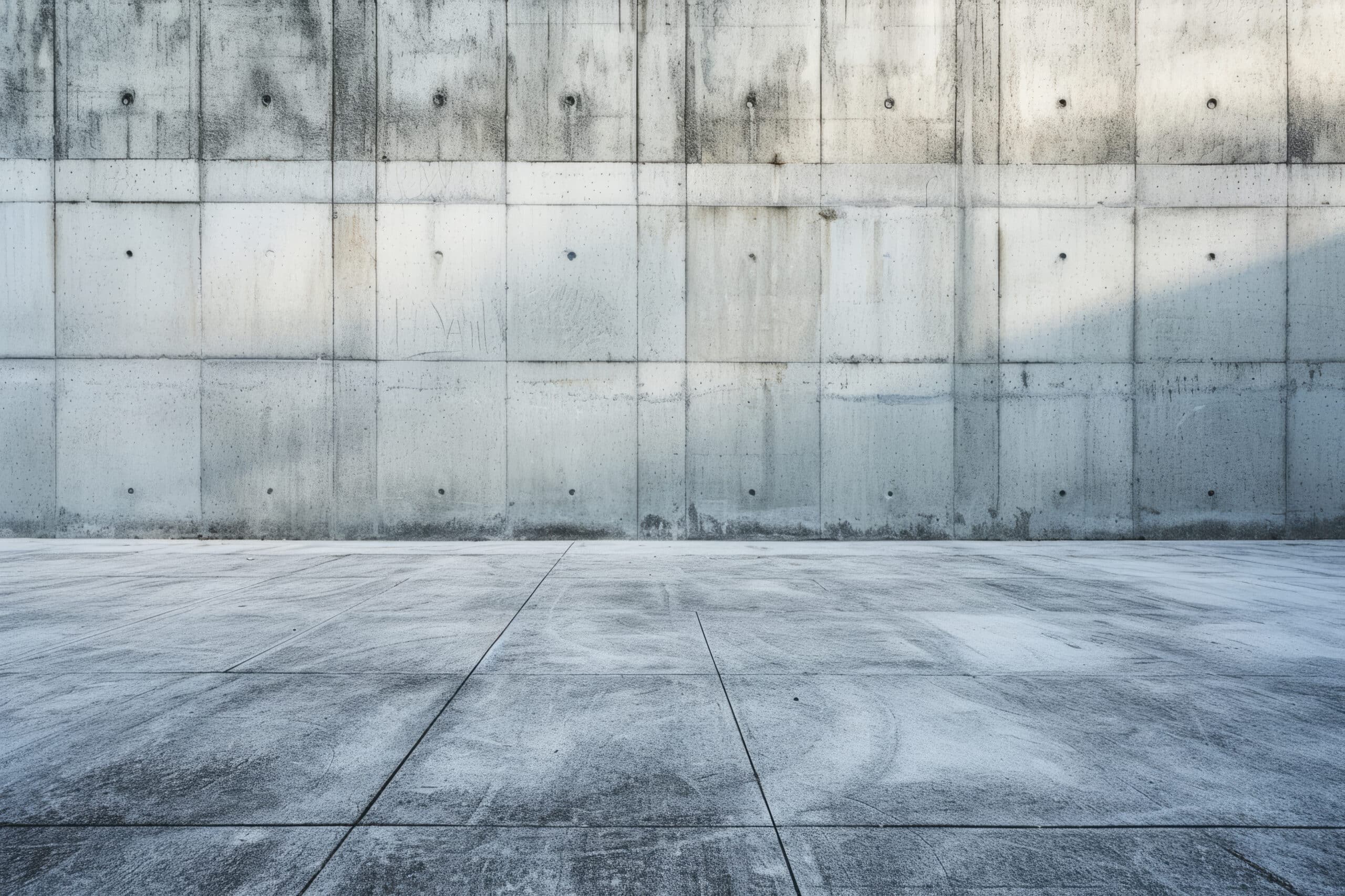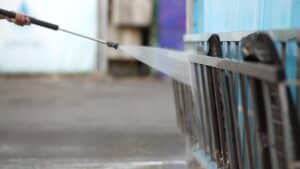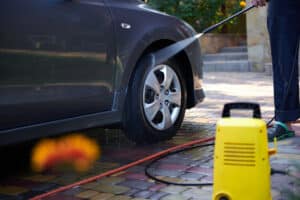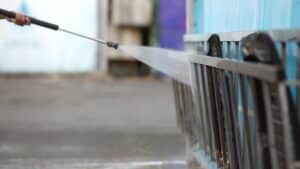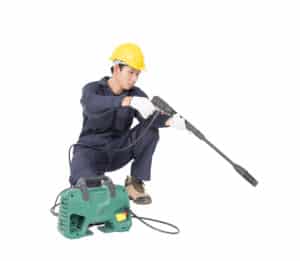Can I Use My Pressure Washer to Clean Concrete or Asphalt Surfaces?
Key Takeaways
- Pressure washers can be used to clean both concrete and asphalt surfaces
- Concrete surfaces are generally more durable and can withstand higher pressure settings
- Caution should be exercised when pressure washing asphalt surfaces, using lower PSI settings and appropriate nozzles to prevent damage
Pressure washers are powerful cleaning tools that can be used for a variety of outdoor cleaning tasks. One common question many homeowners have is whether they can use their pressure washer to clean concrete or asphalt surfaces. In this article, we will explore the answer to this question in detail, considering both concrete and asphalt separately.
Cleaning Concrete Surfaces with a Pressure Washer
If you have concrete surfaces such as driveways, patios, or sidewalks that are in need of a good cleaning, a pressure washer can be a great tool to get the job done efficiently. Concrete is a durable material that can withstand the high-pressure water from a pressure washer without getting damaged.
According to the experts at Pressure Washify, pressure washers are effective at removing dirt, grime, mold, mildew, and even some stains from concrete surfaces. They recommend using a pressure washer with a PSI (pounds per square inch) rating of at least 3,000 for optimal cleaning results. However, it’s important to note that if your concrete surface is delicate or has existing damage, it’s best to use a lower PSI setting or consult a professional for advice.
Another resource, Garden Tool Expert, also confirms that pressure washers can be used to clean concrete surfaces. They highlight the importance of using the correct nozzle for the job. A 25-degree or 40-degree nozzle is recommended for cleaning concrete as it disperses the water over a larger area, reducing the risk of surface damage.
Using a Pressure Washer on Asphalt Surfaces
When it comes to cleaning asphalt surfaces, such as driveways, caution should be exercised. Asphalt is a more delicate material compared to concrete and can be easily damaged if the wrong pressure washer settings are used.
According to Pressure Washer Wisdom, it is generally safe to use a pressure washer on asphalt driveways. However, several factors should be considered to prevent potential damage. The recommended PSI range for pressure washing asphalt driveways is 2,000 to 3,000. This PSI range provides enough power to clean the surface effectively without causing harm. It’s important to use the appropriate nozzles, such as a 25-degree or 40-degree nozzle, to disperse the water over a larger area and reduce the risk of surface damage.
However, it’s crucial to exercise caution and take necessary precautions. As mentioned in an article by Bob Vila, pressure washing asphalt shingles on a roof is not recommended. The high water pressure can remove the granules from the shingles, potentially causing leaks and other damage. This highlights the importance of understanding the specific surface you are cleaning and adjusting the pressure washer settings accordingly.
Conclusion
In conclusion, pressure washers can be used to clean both concrete and asphalt surfaces. Concrete surfaces are generally more durable and can withstand higher pressure settings, while caution should be exercised when pressure washing asphalt surfaces. It is recommended to use a lower PSI setting and appropriate nozzles to prevent damage. Consulting with professionals or experts in the field is always a good idea, especially if you are unsure about the condition of the surface you are cleaning.
Related Websites:
FAQs:
Q: What are the benefits of using a pressure washer to clean concrete or asphalt surfaces?
Using a pressure washer for cleaning concrete or asphalt surfaces offers several benefits. It provides a deep and thorough clean, removing dirt, grime, and stains effectively. Pressure washers also save time and effort compared to manual scrubbing. Additionally, the high pressure and flow rate of the water can help prevent the growth of mold, mildew, and other contaminants, resulting in a cleaner and safer surface.
Q: What pressure settings and nozzle types should I use for cleaning concrete or asphalt?
When cleaning concrete or asphalt surfaces, it is recommended to use a pressure setting between 2500 to 3500 PSI (pounds per square inch) and a wide-angle spray nozzle, such as a 25-degree or 40-degree nozzle. These settings provide sufficient power to remove dirt and stains without damaging the surface. It’s important to avoid using a narrow-angle nozzle, as it can cause surface etching or gouging.
Q: What cleaning solutions or detergents should I use with a pressure washer for concrete and asphalt cleaning?
To achieve optimal results when cleaning concrete or asphalt surfaces with a pressure washer, it is recommended to use a specialized cleaning solution or detergent. These solutions are specifically formulated to remove stains, oil spots, and other tough residues. They enhance the cleaning power of the pressure washer and help restore the appearance of the surface. Always follow the manufacturer’s instructions for dilution ratios and application methods.
Q: What are some safety measures I should follow when using a pressure washer?
Safety should be a top priority when operating a pressure washer. It is essential to wear protective gear, including safety goggles, gloves, and closed-toe shoes. Avoid pointing the spray at yourself or others and maintain a safe distance from the surface being cleaned. Be mindful of delicate areas or objects that may be damaged by the high-pressure stream. Always read and follow the manufacturer’s instructions for safe operation.
Q: How can I remove tough stains or oil spots from concrete or asphalt surfaces?
Tough stains or oil spots on concrete or asphalt surfaces can be challenging to remove. One effective method is to pretreat the stain with a degreaser or stain remover before using a pressure washer. Allow the solution to sit for a few minutes to break down the stain. Then, use the pressure washer with an appropriate nozzle and cleaning solution to thoroughly clean the area. For stubborn stains, it may require multiple passes or additional treatment.

